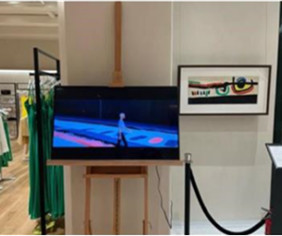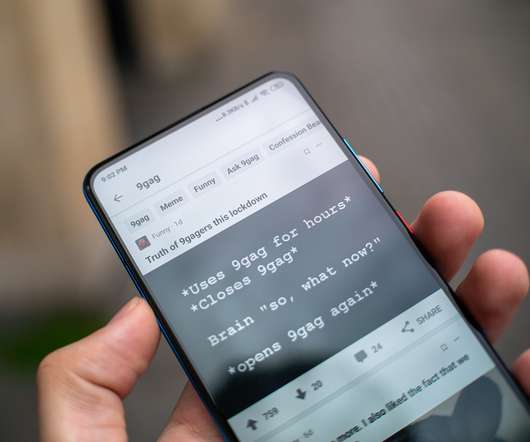First duel between NFTs and copyright before the Spanish courts: NFTs 1 – Authors 0
Kluwer Copyright Blog
APRIL 22, 2024
Basically, because an NFT is an encoded digital metadata file of a copy of a work that can be copyright protected. That is, in an NFT there can be an underlying copy of a work of art –typically an image, photograph, piece of music, video or certain audiovisual content– that may be subject to copyright. And why is that?












Let's personalize your content